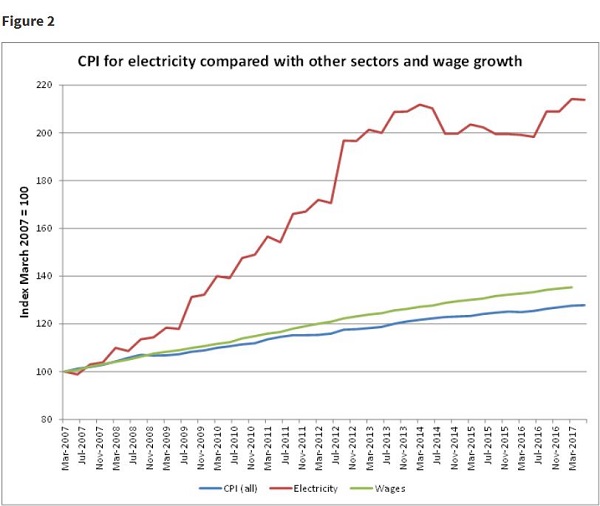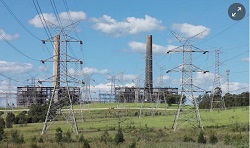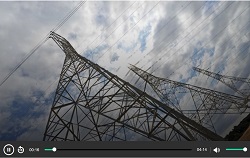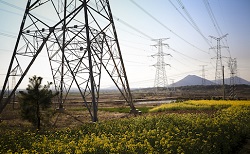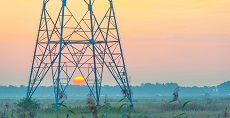 Rod Sims’ speech Shining a light: Australia’s gas and electricity affordability problem to the National Press Club certainly established that Australia has a gas and electricity affordability problem which is hurting many consumers and businesses. Electricity prices have more than doubled since 2009 as shown in this graph:
Rod Sims’ speech Shining a light: Australia’s gas and electricity affordability problem to the National Press Club certainly established that Australia has a gas and electricity affordability problem which is hurting many consumers and businesses. Electricity prices have more than doubled since 2009 as shown in this graph:
Category Archives: Climate Change & Sustainability
Posts on aspects of climate science, climate action and climate policy & planning.
Climate clippings 115: beyond coal
1. Liddell to go
The die was cast at the AGL annual general meeting. Liddell will be closed and not sold.
- Mr Vesey spent the bulk of his address explaining how AGL would replace the capacity lost at Liddell, including new wind and solar farms, up to 750 megawatts of new gas-fired plants and a 100-megawatt upgrade to the more modern and larger Bayswater coal plant nearby. A 250 MW battery at Liddell and demand response will also come into play, he said.
Gas to burn, but at what cost?
 Four and a half years ago, at the national conference of the AWU in 2013, general secretary Paul Howes issued a warning:
Four and a half years ago, at the national conference of the AWU in 2013, general secretary Paul Howes issued a warning:
- Howes warned that unless some gas was reserved for domestic use, and limits on coal seam gas extraction were lifted, the massive investment boom in LNG would soon affect the supply and price of domestic gas. And consumers, business and manufacturers would all suffer.
“This is one of the most important resolutions we’ll debate at this conference,” he said.
Are we serious about our Paris commitments?
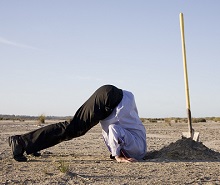 The Australia Institute has looked at the penetration of renewables required in the electricity market to meet our Paris commitments, and come to the conclusion that we need from 66 to 75% renewables by 2030, rather than the weak 26-28% currently being assumed in relation to the Finkel review.
The Australia Institute has looked at the penetration of renewables required in the electricity market to meet our Paris commitments, and come to the conclusion that we need from 66 to 75% renewables by 2030, rather than the weak 26-28% currently being assumed in relation to the Finkel review.
The basic issue is simple. If we don’t maximise the reductions in the electricity sector, we’ll have trouble meeting our overall Paris commitment, full stop. It will require a large and expensive effort in other areas such as agriculture. Completely decarbonising electricity was always the low hanging fruit. We appear to be ignoring this strategy completely, and the new report does not help all that much. Continue reading Are we serious about our Paris commitments?
Storms for our grandchildren
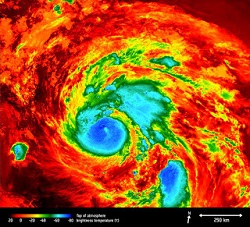 For me the main point of George Monbiot’s article about Hurricane Harvey is that the course we are currently on to achieve 3.5 to 4°C of warming by the end of the century is equivalent in magnitude to the change between the last ice age and the balmy times of the Holocene. To talk about whether this or that extreme weather event was caused by anthropogenically induced climate change seems beside the point.
For me the main point of George Monbiot’s article about Hurricane Harvey is that the course we are currently on to achieve 3.5 to 4°C of warming by the end of the century is equivalent in magnitude to the change between the last ice age and the balmy times of the Holocene. To talk about whether this or that extreme weather event was caused by anthropogenically induced climate change seems beside the point.
The short answer is that everything about the climate has changed, so we are experiencing a climate that is different from how it would have been, and it will change much more during the life spans of the next few generations. Generally speaking, as Climate Central’s Climate Extremes Index indicates, extreme weather events are on the increase: Continue reading Storms for our grandchildren
AGL struggles daily to keep Liddell going, and looks to ‘flexible’ power
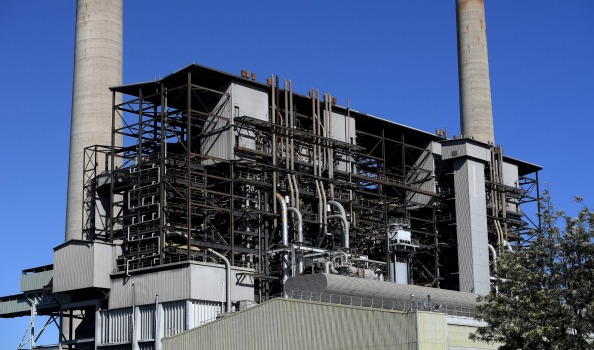
According to the AFR, AGL Energy faces “a huge daily challenge” just to keep its “geriatric” Liddell coal-fired power station running and will need to spend up to $150 million just to “keep our noses above water” until 2022. It will cost $900 million to keep it open for another 10 years, as Malcolm Turnbull and Josh Frydenberg would have it.
“It’s exceptionally challenging,” AGL Macquarie general manager Kate Coates told the group of press representatives and other interested persons on the tour on Tuesday. Continue reading AGL struggles daily to keep Liddell going, and looks to ‘flexible’ power
Coal now in short supply!
Former PM Tony Abbott said it would be “unconscionable” to adopt a clean energy target and he would cross the floor rather than vote for it, adding that his government had been elected “to abolish the carbon tax and end Labor’s climate change obsessions to go further down the renewables path.” He said there was “no chance” the party room would support a “significant increase in the amount of renewables in our system” and called for Hazelwood 2.0.
On the same day, the AFR’s front-page headline was New threat to power supply, the problem being that coal-fired power stations in NSW are struggling to find enough coal. Continue reading Coal now in short supply!
Does the Government want to solve the energy crisis?
Last week ended with talk of breaking up AGL, along with experinced political journalist Philip Coorey saying:
- It is becoming more apparent the government is as happy to have a fight as find a solution.
A fight over energy all the way to the next election could suit it very well, if the main priority is to “kill Bill”. What it says it wants is “dispatchable baseload”. Cheap dispatchable baseload, and for a sizable rump it must be with coal.
Of “dispatchable baseload”, Giles Parkinson asks is that a thing? Continue reading Does the Government want to solve the energy crisis?
Climate clippings 214
1. Trump’s climate vandalism continues
Trump has picked a Republican politician, Rep. Jim Bridenstine of Oklahoma to oversee NASA, a job that often goes to astronauts or scientists.
- Bridenstine, who is the former executive director of the Tulsa Air and Space Museum and Planetarium, said in a 2013 speech on the House floor: “Global temperatures stopped rising 10 years ago. Global temperature changes, when they exist, correlate with sun output and ocean cycles.”
Turnbull to walk away from the Clean Energy Target
According to Malcolm Farr, when the Finkel review appeared, this is what Malcolm Turnbull said about the Clean Energy Target:
- “Well it would certainly work, there is no question it would work and we are looking at it, giving it very favourable consideration.”
Rafael Epstein interviewing Josh Frydenberg on RN Drive replayed Turnbull’s audio, saying also the CET had “strong virtues”. Continue reading Turnbull to walk away from the Clean Energy Target
Turnbull goes feral on electricity
Last week AEMO, the Australian Energy Market Operator produced two reports on future of electricity markets. The Coalition government under Turnbull cherry picked the reports in a way that was almost infantile, going completely feral, politicising the energy policy, making clear that bipartisanship will be avoided at all costs.
On Saturday at the Country Liberals annual conference in Darwin, he said this:
- “I mean, Blackout Bill, fair dinkum, as my old dad would have said, he is so hopeless he could not find his backside with both hands.”
The electricity issue has been folded into his “kill Bill” strategy. Continue reading Turnbull goes feral on electricity
Turnbull’s choice – a clapped out coal burner or a clean energy plan
You guessed it, he chose the clapped out Liddell coal-fired power plant.
AEMO, the Australian Energy Market Operator, said New South Wales may be short of power when Liddell closes, as scheduled, in 2022, based on known plans and government policy positions, federal and state. AEMO had just published two documents – Electricity Statement of Opportunities for the National Electricity Market and Advice to Commonwealth Government on Dispatchable Capability. Apart from the risk of blackouts this coming summer in SA and Victoria, the next pressure point could be in 2022 in NSW with the closure of Liddell.
As David Blowers of the Grattan Institute said, the second report carried a clear message, though not stated directly – the system is broken a bipartisan clean energy policy is badly needed. Continue reading Turnbull’s choice – a clapped out coal burner or a clean energy plan

